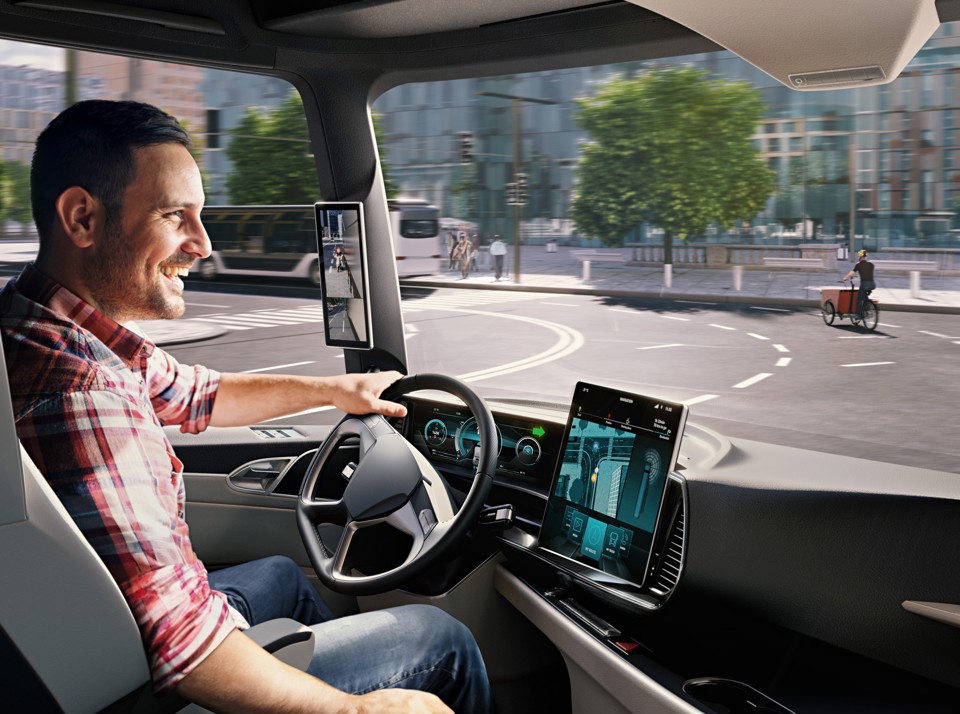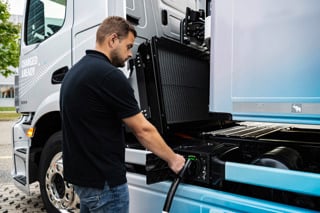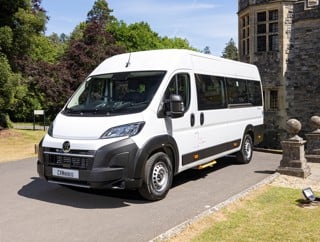Bosch has announced it is reorganising its commercial vehicle business within the mobility business sector to seize the opportunities now arising from the growth in global freight transport and the switch to alternative powertrain systems.
Starting January 2025, under the leadership of Jan-Oliver Röhrl, executive vice president for commercial vehicles and off-road, the company will pool important competencies in a new business unit, bringing together system development and product and portfolio management for trucks and off-highway applications.
Speaking at IAA Transportation 2024, Röhrl said: “We’re convinced that this new setup will offer benefits to our customers – and that we will collaborate with even greater success as a result. “Together, we want to get commercial vehicles on the road even more efficiently and safely.”
To achieve this, Bosch is focusing on powertrain diversity and technology neutrality.
According to internal forecasts, the company assumes that, globally, around 20% of all newly registered commercial vehicles heavier than six tonnes will have a battery-electric powertrain in 2030, while fuel cells will have a share of around 3%.
By 2035, a good one-in-three trucks will have a battery on board, and one-in-10 will feature a fuel cell.
At this point, the hydrogen engine will also be on the road, albeit in smaller numbers.
Markus Heyn, member of the Bosch board of management and chairman of the mobility business sector, said: “We need a consistent and faster expansion of electric charging stations and hydrogen filling stations in Germany and Europe.”
As Bosch sees it, the various powertrain technologies aren’t in competition with each other, instead it says the variety allows manufacturers to decide on the optimum solution for each application.
That means Bosch is not only further developing powertrain technologies for batteries, fuel cells, and hydrogen engines, but is also making modern combustion engines even more efficient.
It also believes that synthetic fuels can also play a major part in mitigating climate change.
The technology company is expanding its product and solution portfolio and says it is once again focusing on diversity.
“Commercial vehicles’ transition to alternative powertrains will succeed only if we remain technology neutral and continue to develop all forms of powertrains and make them more efficient,” said Heyn.
“In the coming years, we expect the continuing growth in global freight transport and the simultaneous switch to alternative powertrains for commercial vehicles to drive another surge in growth for our business.
“For us, our business with big vehicles is anything but a small matter – in mobility, we generate one-quarter of our sales with trucks and vans.”
Global vehicle production is expected to stagnate in 2024 compared to the previous year. Assuming a good final quarter, the company anticipates slight sales growth at Bosch Mobility in 2024 despite the very challenging market environment.
Bosch Mobility aims to achieve global sales of more than 80 billion euros by 2029.

























Login to comment
Comments
No comments have been made yet.